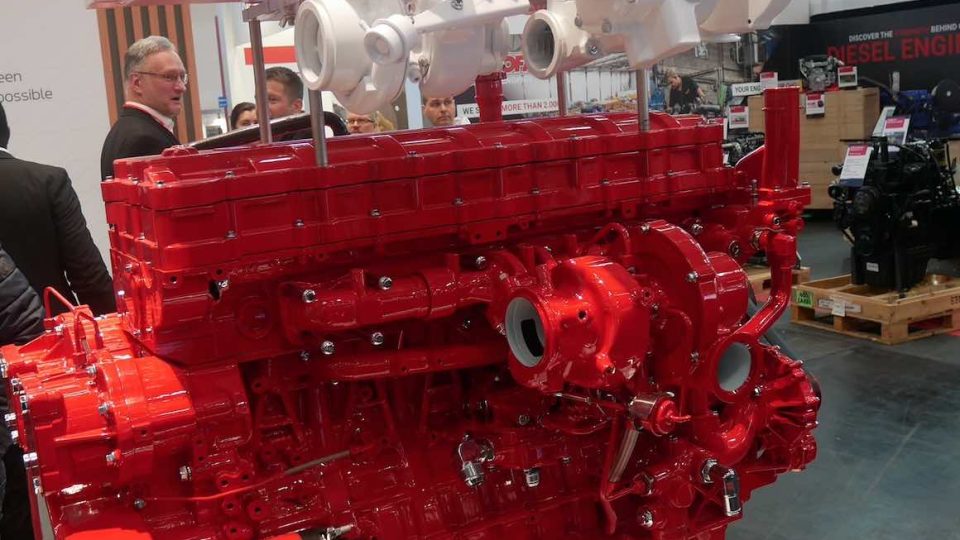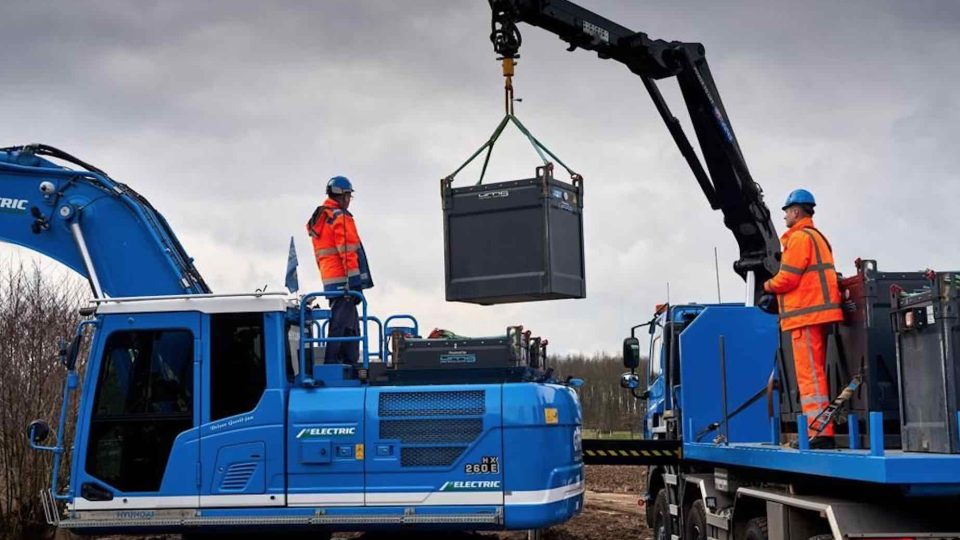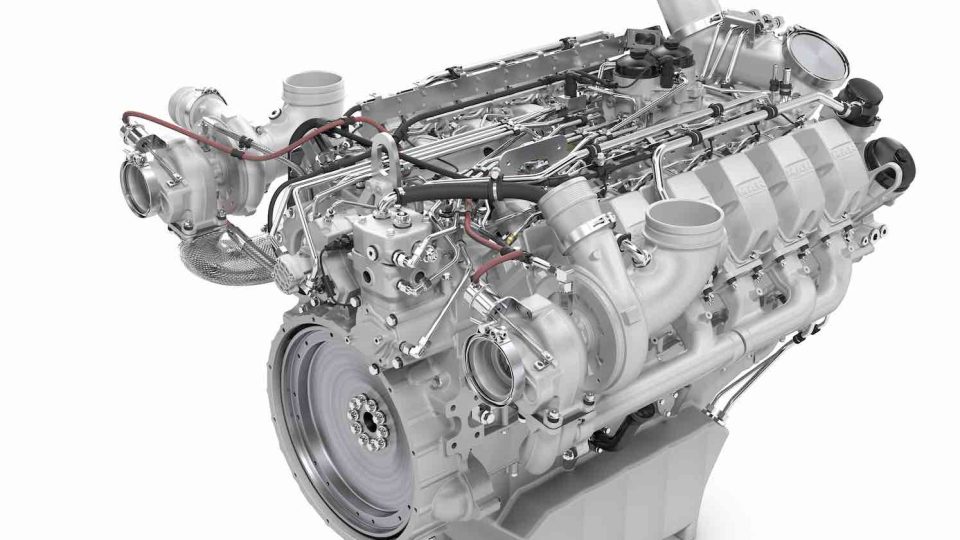ConExpo: JCB to unveil hydrogen engine for agriculture and construction
On the occasion of ConExpo 2023 in Las Vegas, and in particular as part of the International Fluid Power Exposition (IFPE), JCB will present its hydrogen combustion technology for agricultural and construction machinery as a world premiere, as an integral part of the Company’s Net Zero strategy.
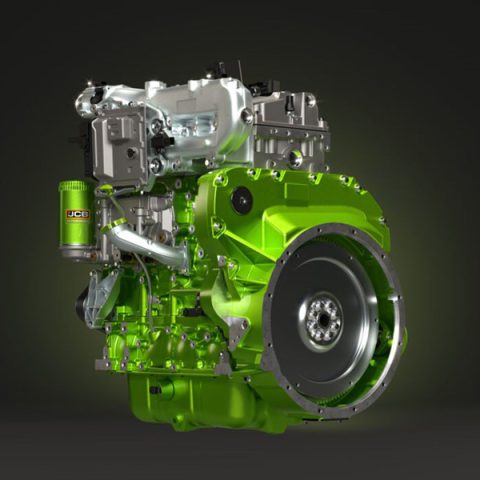
On the occasion of ConExpo 2023 in Las Vegas, and in particular as part of the International Fluid Power Exposition (IFPE), JCB will present its hydrogen combustion technology for agricultural and construction machinery as a world premiere, as an integral part of the Company’s Net Zero strategy.
The project, supported by a £100m investment, is overseen by JBC chairman Lord Bamford, who said: “JCB’s engineering team has made huge strides in a short period of time to develop an engine internal combustion engine that already equips a JCB backhoe loader prototype and a Loadall telescopic handler. As the first construction equipment company to develop a fully functional hydrogen-powered combustion engine, I am delighted that we are now able to present this technology on the international stage.”
For over 75 years in the field of construction equipment, JCB has always invested in the research and development of cutting-edge technologies with zero carbon emissions. The company currently boasts the widest electric range available in the Construction sector and is now in the race to offer its customers increasingly sustainable products thanks to hydrogen.
“Now hydrogen is starting to make a lot of sense. It is the most abundant element in the universe to begin with. On a practical level, a hydrogen engine uses similar technology to existing propulsion systems. It’s also robust, cost-effective, and could be integrated into all forms of propulsion. More importantly, a familiar technology and lack of complexity make hydrogen an ideal zero-carbon solution for our customers, with demand being met by our existing, high-quality manufacturing supply chain.”
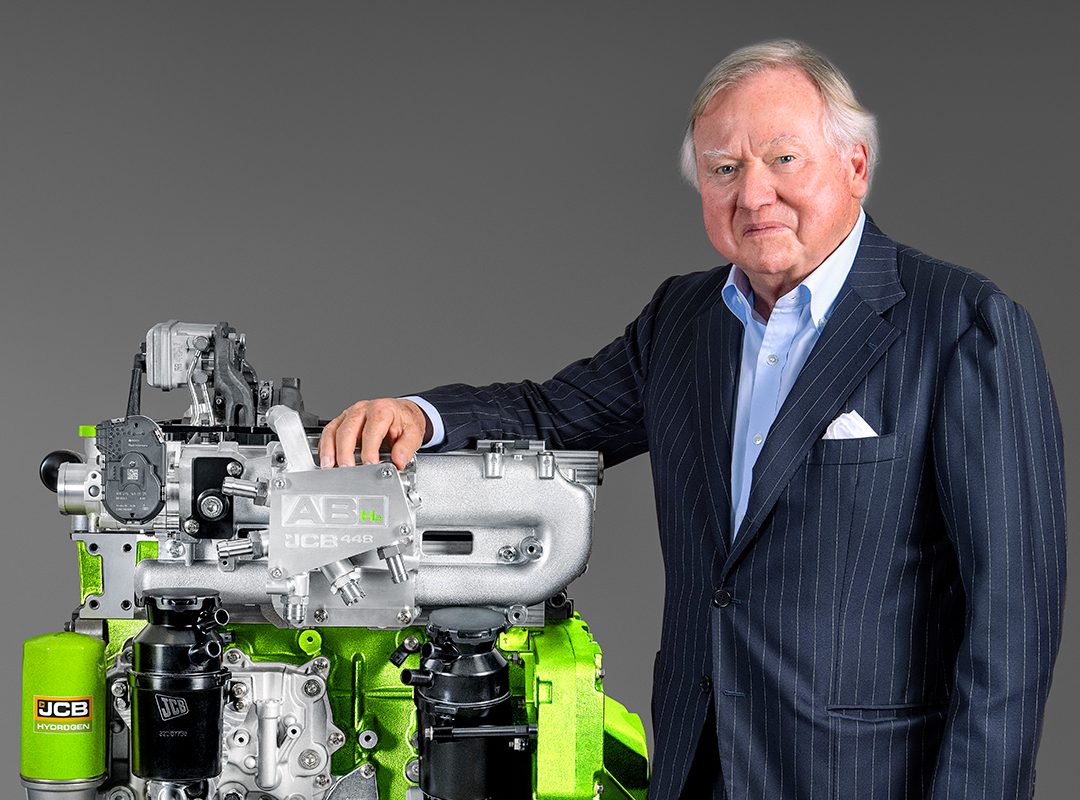
JCB is ready for hydrogen
The new hydrogen engine that will be presented at ConExpo is based on the proven diesel cycle engines developed by JCB, in particular on the 448 series. This is because the diesel engine is fit to be used with hydrogen. With a number of advantages and disadvantages. On the one hand, a significant reduction of emissions into the atmosphere but which still do not reach the “zero” objective. On the other hand, the difficulty of finding fuel at affordable costs, at least for now.
One of the advantages is certainly that of having a technology and a hardware structure substantially ready for the market. On the other hand, energy efficiency, precisely taking into account the cost of hydrogen and its complex management, which is not remotely comparable with fuel cell technology. Where the latter is now ready for the market.




